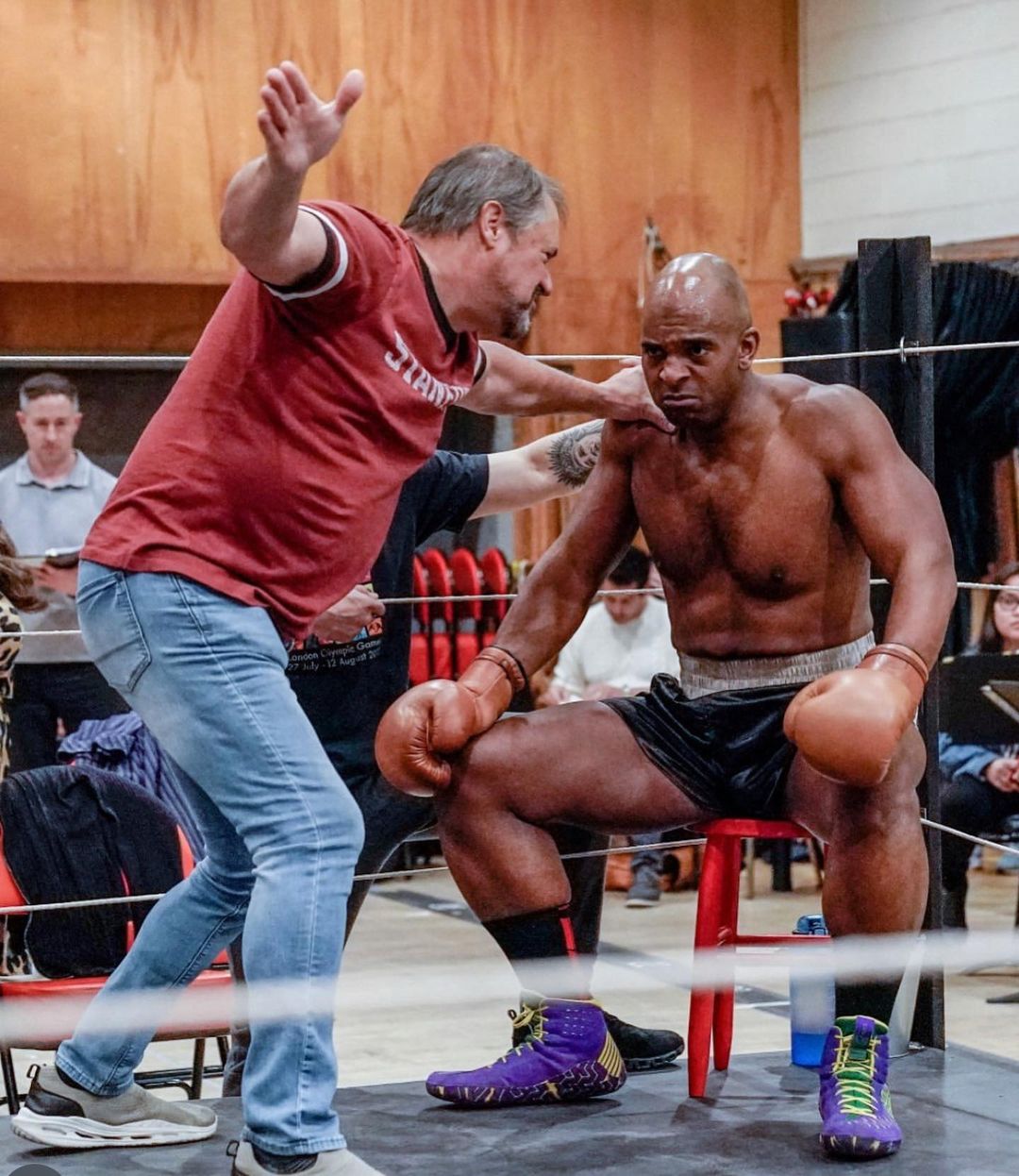Terence Blanchard’s “Champion” opera will be playing at the Metropolitan Opera in New York this spring, and it is about a bisexual boxer who killed his opponent in the ring.

The opera is about the true story of the late Hall of Fame boxer Emile Griffith, who was bisexual. In an interview with NBC News, the Grammy-winning and Oscar-nominated composer and jazz musician said that the opera was inspired by a striking quote from Griffith.
“It just kind of clicked when I heard a quote that he said, which is in the opera: ‘I killed a man and the world forgave me, but I loved a man and the world wanted to kill me.’ That blew me away,” he shared.
Blanchard further expressed:
“Everything I’ve written for this opera is centered around that moment. Because we have to get past all of this. It’s time for us to grow up as a society.”
Moreover, the late Boxer was a bisexual man from the U.S. Virgin Islands. Griffith publicly came out in 2005 to an opinion columnist for The New York Times. However, his sexuality was known among his peers long before he came out.
Michael Bentt, a former heavyweight champion who met the late boxer, started telling Blanchard about Griffith’s life way back in the early 2000s.
“We talked about Emile a lot, and that was the thing that always stuck with me in the story. He was a bisexual man from the islands, and most bisexual men in the islands never really talked about their sexuality. It’s something that they kept to themselves,” the Grammy-winning composer noted.
Meanwhile, Bentt added:
“For him to express that level of openness, for me, was quite profound.”
Furthermore, Griffith had a rivalry with Cuban boxer Benny Paret, which deepened when Paret referred to a then closeted Griffith as a “maricón,” which is a Spanish slur similar to fag*ot. During their final fight at Madison Square Garden on March 24, 1962, Griffith ultimately defeated Paret.
Paret was unconscious when the final competition ended, and he was in a coma for 10 days before eventually passing away due to fight-related injuries.
“He (Paret) shouldn’t have been in the ring. He had just had a fight two months prior with a very hard-hitting guy, Jean Fullmer, who, like, beat him to death, so he was probably still injured when he got in the ring with Emile. It wasn’t Emile’s fault. He was doing what he was trained to do; he was competing. And in the process, because of the lack of regulations, a man lost his life. And he carried that burden around for years,” Blanchard expressed.
This part of Griffith’s life is portrayed in the opera through flashbacks. “Champion” will play at The Metropolitan Opera in New York City from April 10 to May 13. It will also be showing live in movie theaters around the world on April 29 at 1 p.m. ET as part of the “The Met: Live in HD” series.
Tomorrow, April 10, @T_Blanchard and librettist Michael Cristofer’s Champion has its Met premiere! Met Music Director Yannick @NezetSeguin conducts James Robinson’s vivid staging.
Learn more: https://t.co/2AQWHLwaJn pic.twitter.com/SeIl81pBXh
— Metropolitan Opera (@MetOpera) April 9, 2023
Sources: nbcnews.com, npr.org

Definitely would watch the movie if done as I am going to see the opera next week. A birthday treat.
As a boxing lover, I find Griffith’s life very interesting. His quote has quite moved me and shows how messed up our society really is.